The motto for the 2024 Paris Olympics is “Games Wide Open,” which as far as irony goes is worthy of a gold medal.
These games are shaping up to be anything but open, as the city’s famous bouquinistes have already discovered. More than 600 have been ordered to shut down their little green kiosks on the banks of the river Seine, where they have sold books to the public for 150 years. The games’ organizers believe their presence during the opening ceremony – which will be staged on the river — is an impediment they can do without, and two weeks ago four of the kiosks were removed in a trial run ahead of the real thing next July.
“It’s like a tooth extraction,” said Michel Bouetard, general secretary of the Cultural Association of Booksellers of Paris. “All this for a four-hour ceremony! The Olympic Games have achieved what the wars have not been able to do — make us disappear.”
There was another wartime allusion this week because of the Olympics, this one from Nathalie Goulet, a senator from Normandy, who was outraged to hear that Parisians must pre-register for a QR code if they wish to access traffic-restricted zones of the city during the Olympics, which run from July 26 to August 11.
“People entering a perimeter must be able to provide a valid reason for being there,” said Laurent Nunez, the Paris police chief. This applies to friends and relatives of Parisians who intend to visit during the games.
Nunez brushed off criticism of the measures, which will apply to Olympic competition routes and venues, some of which are in the middle of Paris. “One can always be the little ugly duckling who sulks in the corner,” he said. “We know we’ll have lots of those.”
Perhaps he has a point. Parisians can surely sacrifice their cars for two weeks and take the city’s metro? Mind you, it will cost them more than usual, as it was also announced this week that metro tickets will double in price during the Olympics to pay for the added cost incurred by the transport authority to meet the demand of an expected 10 million visitors.
That is if the transport system can cope with the demand. Last week the city’s mayor, Anne Hidalgo, admitted that it might not be able to rise to the challenge. “We’re not going to be ready,” she said. “We’re already having problems with everyday transport, and we’re not managing to catch up.”
Metro tickets won’t be the only thing undergoing a price hike next summer in Paris. The city’s hoteliers have evidently taken the Olympic motto of “Faster, Higher, Stronger” to heart, at least they have the “Higher” bit, and are charging guests up to 300 percent more for a room. It’s not known if bedbugs are included in that price, but hoteliers will be hoping there’s not another plague of the parasites in the city as there was last summer.
Despite the QR codes, the 30,00 police on duty each day, the exorbitant costs, the ailing transport network and, of course, the city’s 6 million rats, Anne Hidalgo believes the Paris games will be a wonderful occasion. Asked last week if the wise option wasn’t to steer clear of the city between July 26 and August 11 next year, she replied in the negative. “At a time when the whole world is a bit depressed, with wars and conflicts, we will be the place that hosts the first big fraternal event,” she exclaimed.
The Games are Wide Open, even if the city is not.
This article was originally published on The Spectator’s UK website.



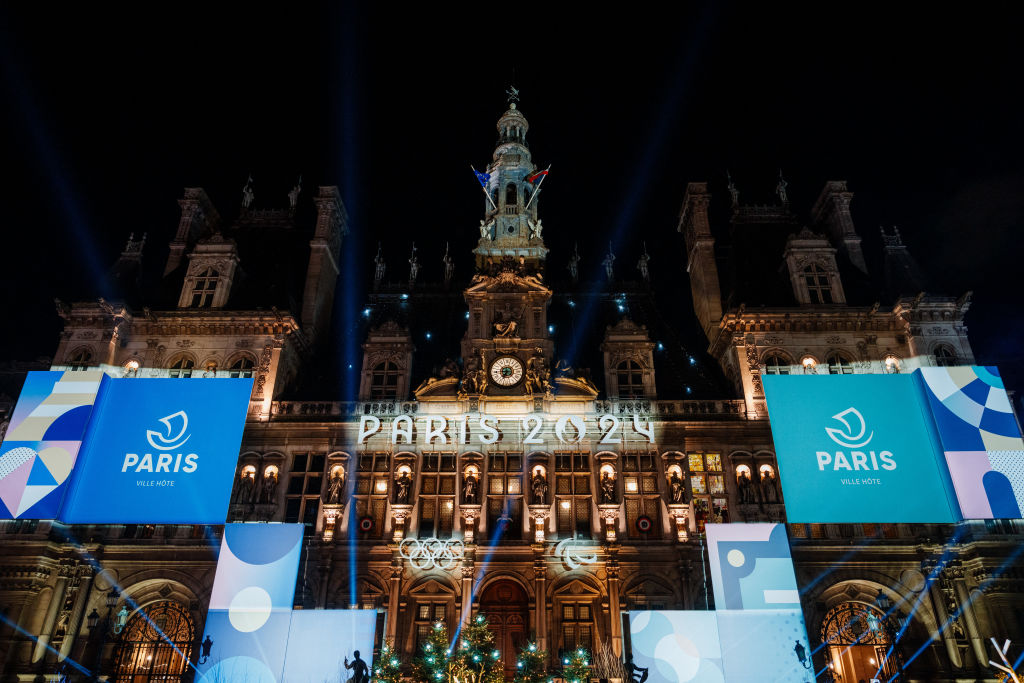









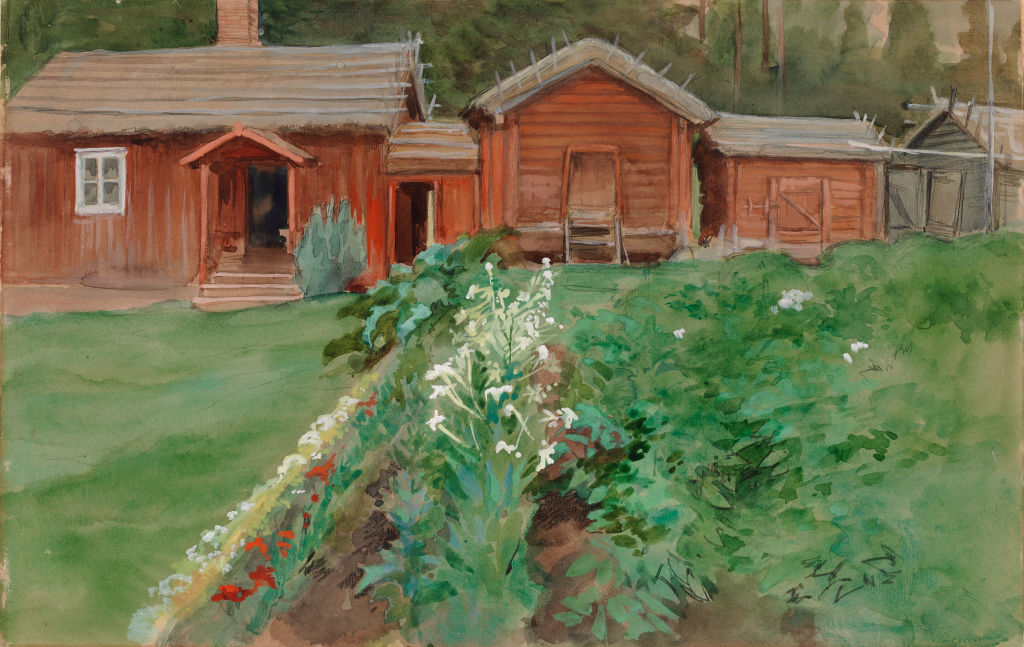
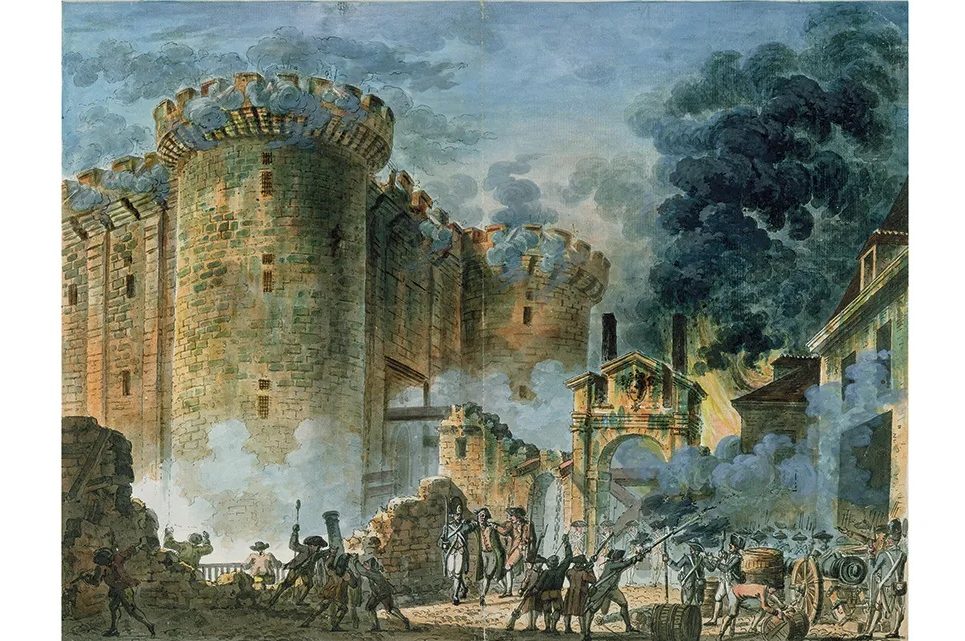

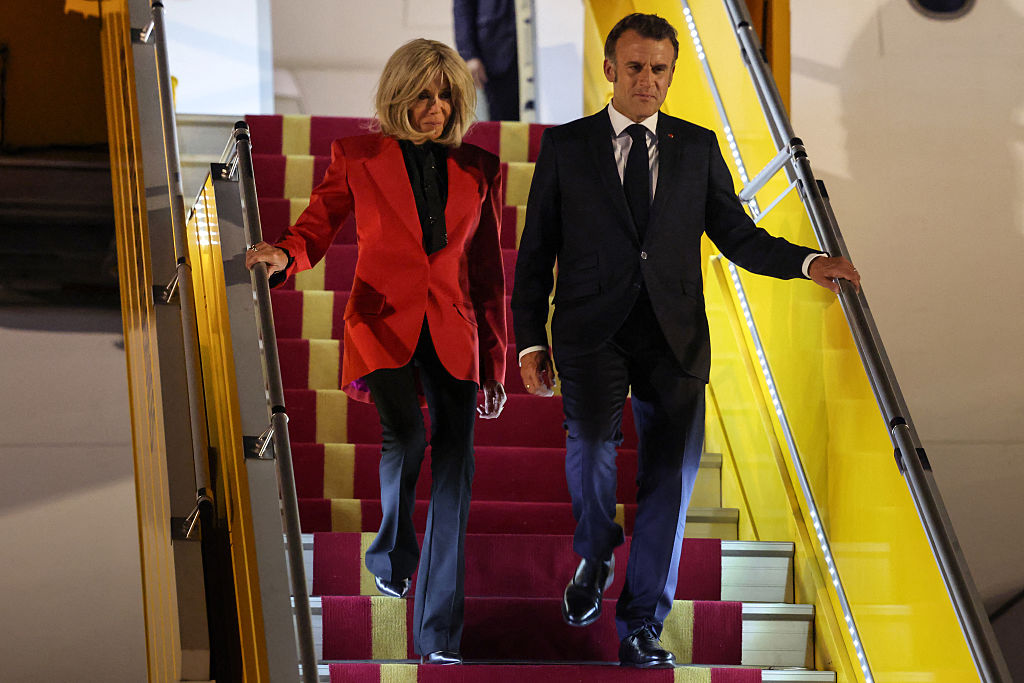

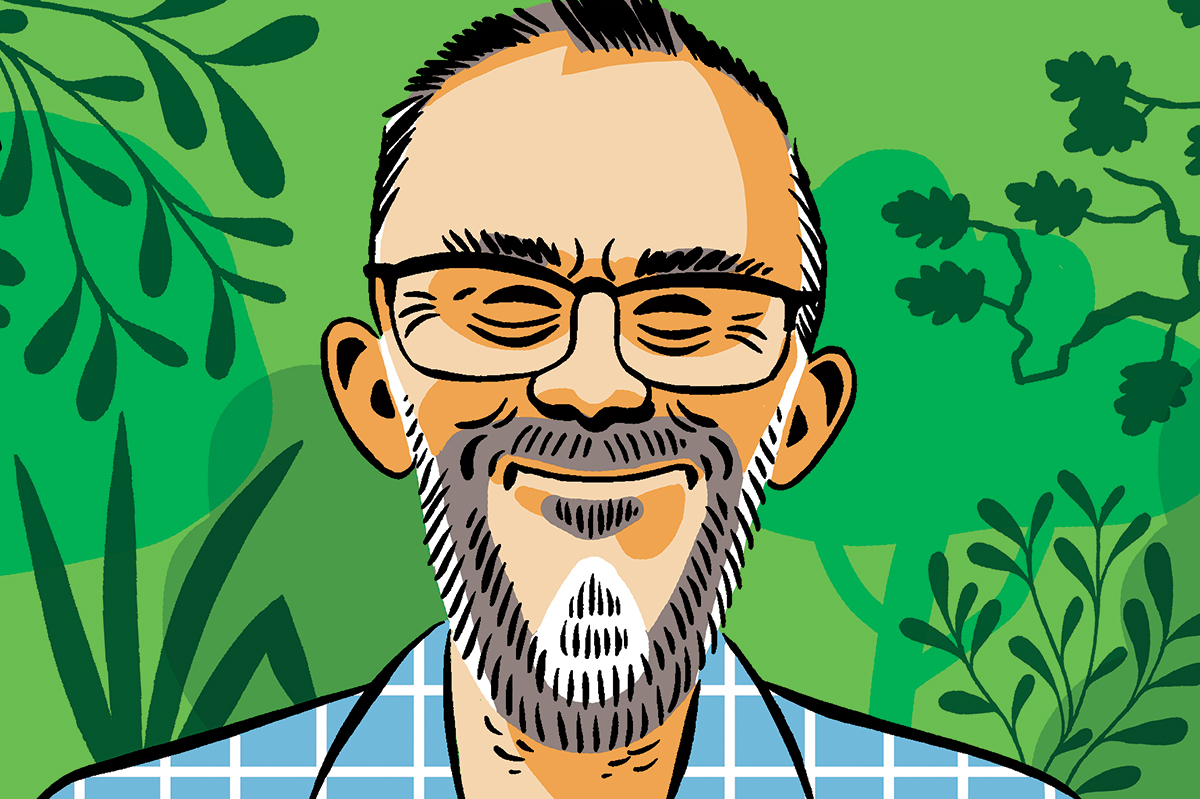







Leave a Reply